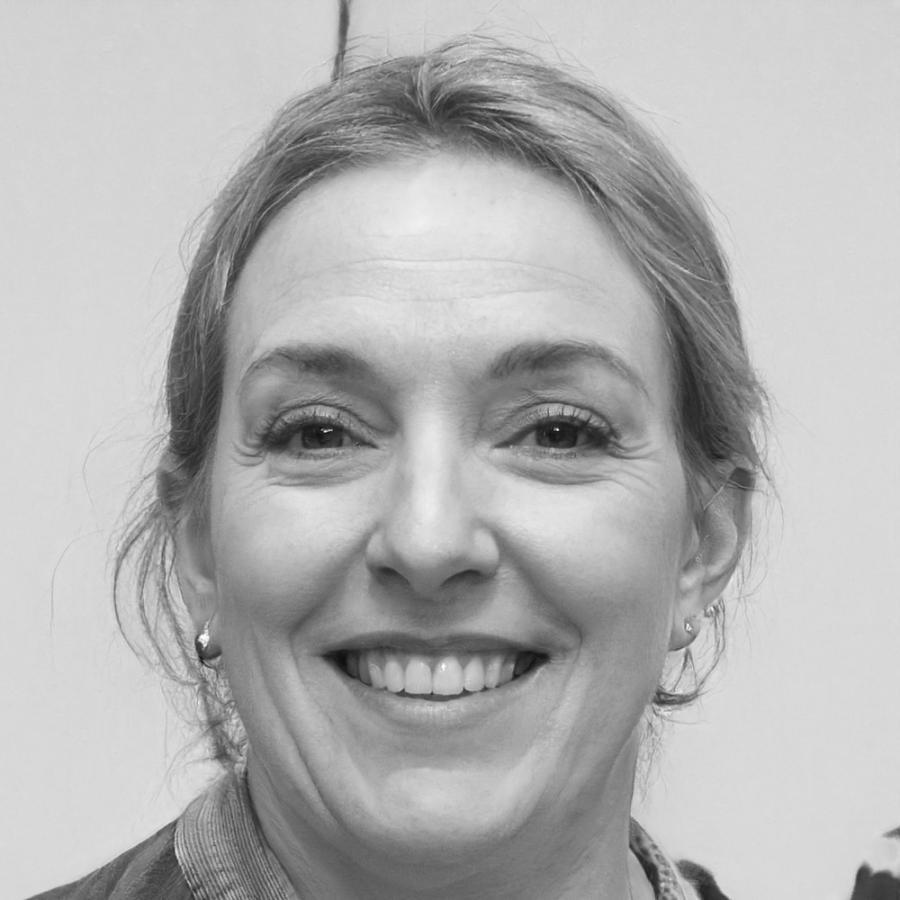Finance Career Development Through Practical Learning
See how structured learning pathways create meaningful career progression in financial analysis, strategic planning, and business development roles across various industries.
Learning Pathways That Create Real Change
Each pathway builds practical expertise through hands-on projects, industry case studies, and mentorship connections that prepare you for meaningful career transitions.
-
Financial Analysis FundamentalsBuild confidence interpreting financial statements, creating budget models, and understanding cash flow patterns through real company examples.
-
Excel Proficiency for FinanceDevelop advanced spreadsheet skills including pivot tables, financial formulas, and automated reporting systems used in professional environments.
-
Business Communication SkillsPractice presenting financial data clearly to non-financial stakeholders and writing executive summaries that drive decision-making.
-
Strategic Financial PlanningLearn scenario modeling, risk assessment frameworks, and long-term financial forecasting methods through collaborative project work.
-
Investment Analysis MethodsUnderstand portfolio theory, market research techniques, and due diligence processes through case study analysis and group discussions.
-
Industry Knowledge BuildingExplore sector-specific financial challenges in technology, healthcare, retail, and manufacturing through guest expert sessions.
Professional Growth Through Structured Learning
Our graduates consistently report meaningful career transitions within 12-18 months of program completion. Here's how the learning journey typically unfolds for working professionals.
Months 1-4: Foundation Building
Participants develop core competencies while maintaining current roles. Evening sessions and weekend workshops accommodate working schedules, allowing gradual skill building without career disruption.
Months 5-8: Practical Application
Real-world project experience through industry partnerships provides portfolio development opportunities. Many participants begin taking on additional responsibilities at their current workplaces during this phase.
Months 9-12: Career Transition
Professional network connections and advanced skill demonstration lead to new role opportunities. Alumni report increased confidence in interviews and salary negotiations during this period.
"The program gave me confidence to move from administrative work into financial analysis. The practical projects helped me understand how businesses actually make financial decisions, not just theory from textbooks."
"What impressed me most was the focus on real-world application. Every assignment connected directly to situations I encountered at work. The learning felt immediately relevant and useful."

